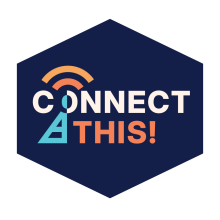A Constitutional Crisis in Broadband and The Fight to Restore Digital Equity Funding
The Trump administration's illegal “termination” of the 2021 Digital Equity Act continues to have devastating real world impacts on everything from affordable broadband access to protecting Americans from skyrocketing online scams.
The $2.75 billion Digital Equity Act was passed by Congress as part of the 2021 infrastructure law. It mandated the creation of three different major grant programs intended to shore up equitable, widespread access to affordable Internet, while providing the tools and digital literacy education needed to help neglected U.S. communities get online.
But last May the Trump administration unceremoniously demolished the Act, froze all program funding, and left countless states, programs and organizations – many on the cusp of major new efforts – high and dry.
At the time, President Trump and GOP leaders like Sen. Ted Cruz disingenuously attacked the Act’s programs as “racist” and "unconstitutional,” – part of a broader effort to dismantle programs deemed as “DEI,” even in instances where the programs had little to nothing to do with race or gender. Many of the “covered populations” covered by the bill included rural residents, veterans, and elderly Americans from all walks of life.
Funding Freeze Puts Most Vulnerable Americans at Risk
The sudden "termination" of the popular law resulted in dozens of states having to abruptly cancel major broadband expansion plans. But the freeze has also been a massive problem for state programs that were taking aim at a U.S. online fraud epidemic proving particularly harmful to the U.S. elderly and marginalized communities.



